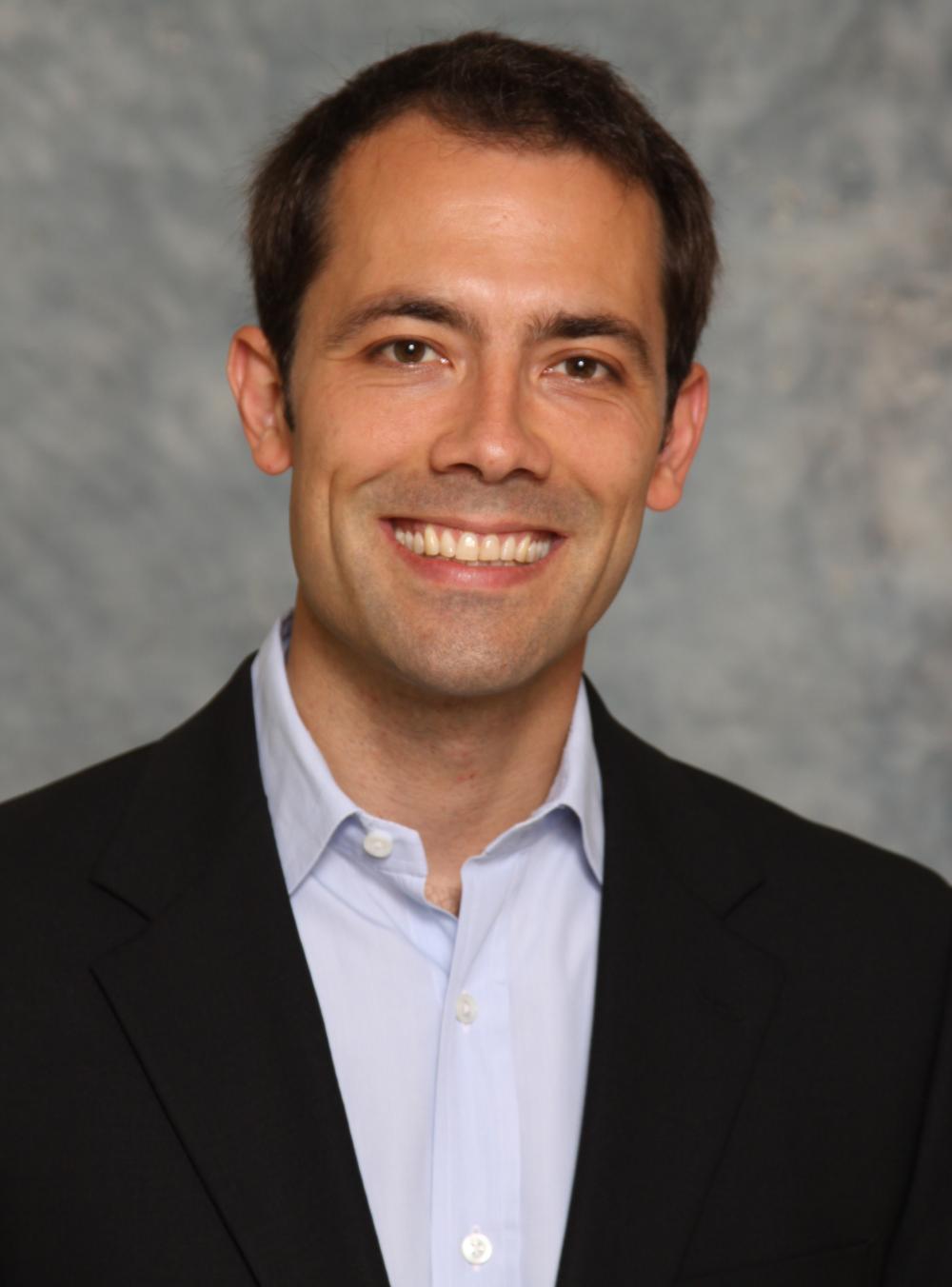Columbia Law School Professor Put Theory Into Practice as New York State's Top Antitrust Attorney
C. Scott Hemphill Led New York's Antitrust Bureau and Championed An Amicus Brief in a High-Profile Pharmaceutical Industry Antitrust Case
| Professor C. Scott Hemphill |
New York, March 25, 2013—When Columbia Law School Professor C. Scott Hemphill took over as chief of the antitrust bureau of the New York attorney general’s office while on leave last year, one of his priorities was to reenergize the amicus practice.
The office had not filed an antitrust amicus brief in several years, but Hemphill had just the right case for Attorney General Eric T. Schneiderman to get back in the game: FTC v. Actavis. The litigation centers on the legality of so-called reverse-payment or pay-for-delay settlements, in which brand-name pharmaceutical companies pay generic drugmakers to settle patent disputes and delay a generic drug’s entry into the market.
As a professor at the Law School, Hemphill has researched and written extensively about the deals, which he believes hurt consumers and violate antitrust laws.
The FTC agrees with Hemphill, but federal and state courts across the country have divided on the question. As the U.S. Supreme Court considered whether to take the Actavis case, Hemphill believed New York had to weigh in.
“It seemed like an opportunity for the state to show leadership,” he said recently. “States spend billions of dollars on prescription drugs. Delay of entry [of generic drugs] has a bottom-line effect on their pocketbooks. It’s kind of a perfect case.”
But Hurricane Sandy nearly derailed the efforts of Hemphill and his team, shutting down the attorney general’s New York City office on Broadway near Zuccotti Park. Hemphill and his wife, forced to abandon their lower Manhattan apartment, moved uptown to stay with Professor Bert I. Huang, a longtime friend and colleague at the Law School.
As one of the only members of his staff with power, Hemphill “hit the phones” to recruit other states to join New York’s crusade against pay-for-delay settlements.
Eventually, 30 other states signed on, represented by both Republican and Democratic attorneys general. In December, the high court agreed to take the case, which is being argued today.
For Hemphill, the Actavis amicus brief was just one rewarding aspect of his year as New York’s top antitrust attorney. The professor returned to the Law School in January to resume teaching full time although he will continue to advise the attorney general on a limited basis.
Hemphill had been contemplating public interest work when he learned that Schneiderman was looking for an antitrust expert. The attorney general had asked Columbia Law School Professors Harvey J. Goldschmid and Lance Liebman for recommendations, and they in turn both thought of Hemphill.
“It seemed like a real chance to make a difference and put into practice things I thought I knew but maybe only theoretically,” Hemphill said.
At the antitrust bureau, Hemphill supervised a team of about 20 people including attorneys, support staff, and an economist. He helped identify priorities for investigation and enforcement, supervised and edited briefs, and reached out to other parts of the attorney general’s office to encourage communication and cooperation.
One of the cases Hemphill worked on involves the blue and red double-decker sightseeing buses that are ubiquitous in New York. In a lawsuit filed in December jointly with the U.S. Department of Justice, Schneiderman alleges that two companies joined together illegally to eliminate competition in the more than $100 million-a-year market, allowing the resulting new company to raise prices by 10 percent.
Now that he’s returned to academia, Hemphill is excited to resume his antitrust and intellectual property research, including in pharmaceuticals and fashion. Among other projects, he is leading a historical investigation into the Fashion Originators’ Guild of the 1930s, which was shut down for its efforts to force retailers to refuse knock-off merchandise.
But Hemphill, who was just elected to The American Law Institute, also wants to delve deeper into what he learned in his year as a government attorney, including by analyzing what the role of state antitrust enforcement agencies should be and how best to equip them for that task.
